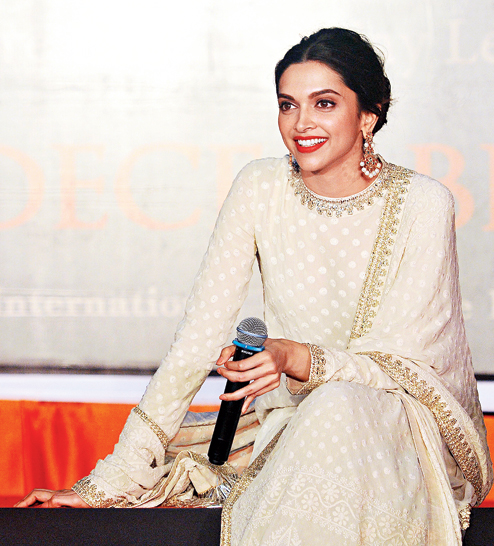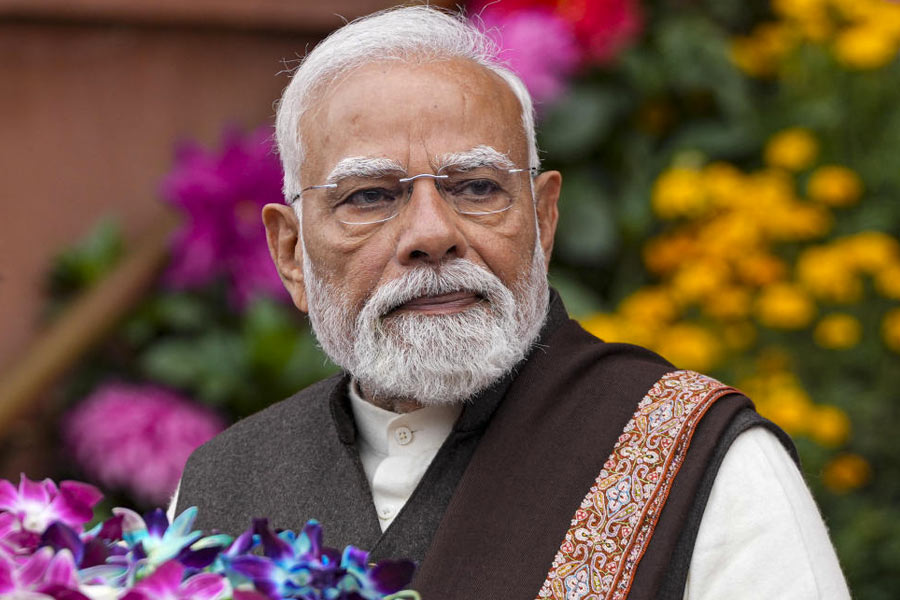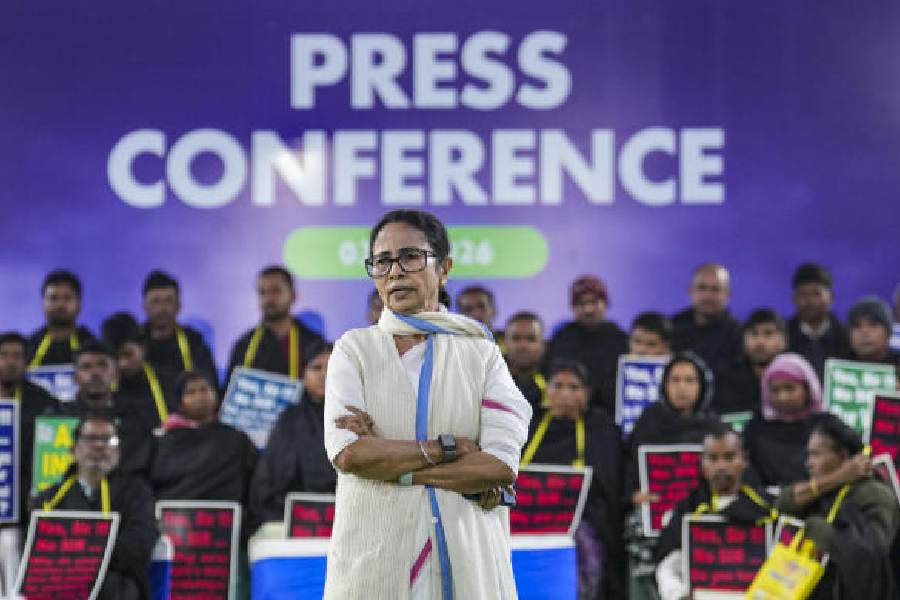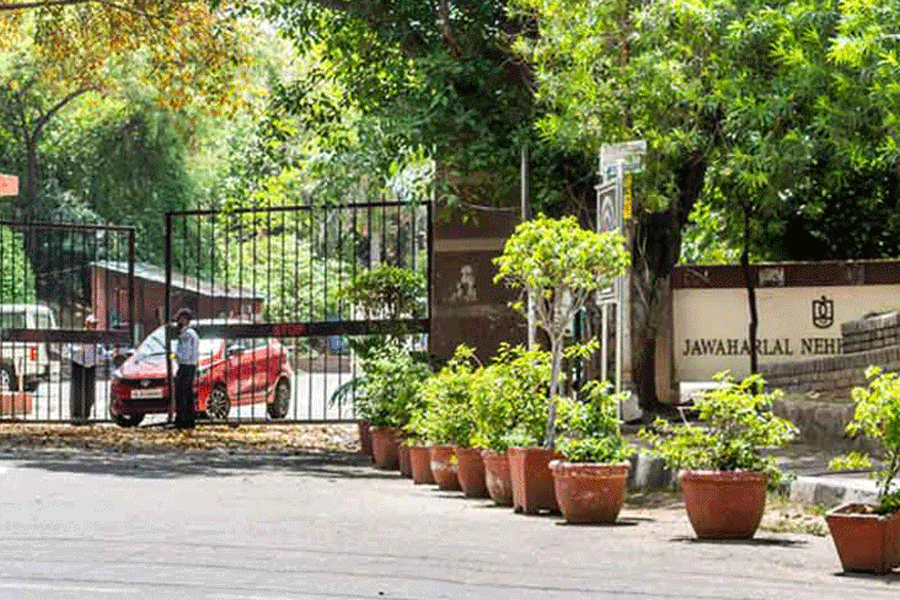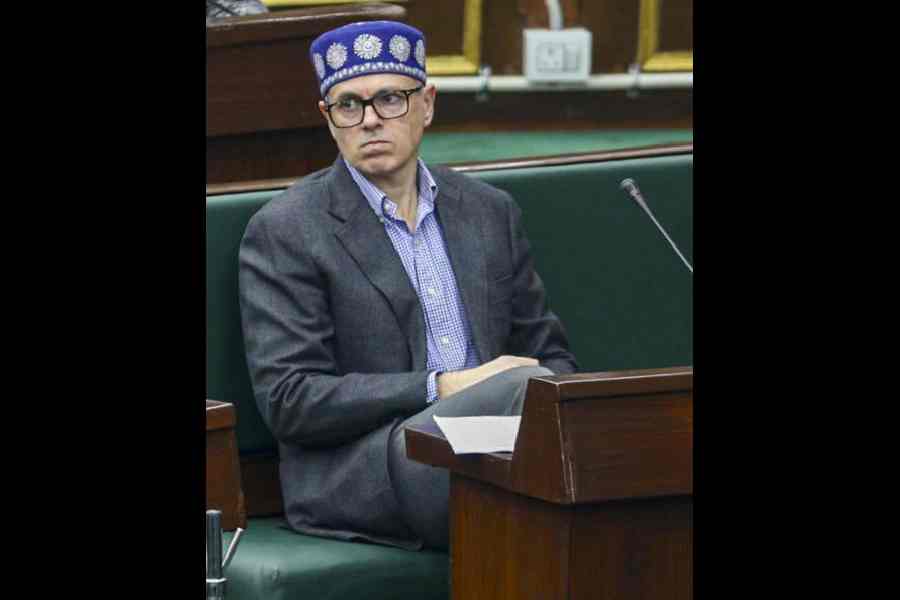
Last March Deepika Padukone sat down for a TV interview, but it was an interview like no other. Because with her were not co-stars of an upcoming Bollywood film but her mother Ujjala Padukone, her family friend and counsellor Anna Chandy and her psychiatrist Shyam Bhat. They were there to talk about Deepika’s battle with depression and how she overcame it. The idea was to start a dialogue about depression in a country where mental health is far from a priority.
Bhat, who practises holistic psychiatry, psychotherapy and integrated medicine, is also a trustee of the Live Love Laugh Foundation started by Deepika. His brand-new book, How to Heal Your Broken Heart, is available exclusively on the Juggernaut Books app (for Android now and for iOS shortly). A t2 chat on love, “heartbreak hangover” and learning from a bitter experience to come out stronger.
Let’s start with the definition of depression...
Doctors, or psychiatrists, use the term ‘depression’ when referring to something that’s different from normal sadness. And the state of clinical depressive disorder is one where the person’s mood is affected but also other areas of functioning, including sleep, appetite, concentration, self-esteem, and often causes thoughts of suicide or dying.
It’s important to understand that it’s not just a passing mood but indicates a deeper problem in the mind and in the brain and in the body. Therefore treatment has to pay attention to all of these aspects.
People confuse clinical depression with normal sadness because there’s no other frame of reference. So, many believe that you should be able to “change your mood” if you are strong enough. But depression is quite biological as well. Just as someone cannot change their insulin level, they cannot change how their brain is functioning during times of depression.
It’s a complex condition caused by genetic factors as well as emotional stress. It’s a treatable condition, one that needs the help of medical professionals, rather than people trying to deal with it on their own. Untreated depression can lead to further problems, including memory issues, problems at work, in relationships... it affects the body too. Most physical conditions are worsened by the presence of stress.
Depression is under-diagnosed by other doctors as well, so we underestimate the extent of problems depression causes in our society. It’s a real public health issue, it’s widespread and it’s only going to get worse in India.
And yet somehow we don’t talk about this enough…
That is the saddest paradox of all. As we are dying more than any other country in the world — we have the highest suicide rates in the world, one of the highest rates of depression, the least number of psychiatrists — yet we cannot admit that this is an issue, because of our various problems in understanding, because of our cultural issues. Therefore, I believe that for India you need a new vocabulary to describe this phenomenon.
By the way, people in India and in the East, when they suffer from clinical depression, may not even feel sad. They may just feel tired or they may have abdominal pain or digestive problems or chest pain or fatigue or body aches and pains. Depression can be felt as much in the body as in the mind. There are many studies that say that societies that are more collectivist, like Latin American societies, like Chinese, like Indians… we experience what we call somatic symptoms, which is symptoms in the body.
Your book says heartbreak is a cause of depression and can even lead to death. Why did you decide to write on heartbreak, which is traditionally considered a minor or trivial matter?
Precisely because it has been treated as trivial and yet causes the end of so many lives. But it is not trivial, because people are dying. It’s hard to know estimates but very conservatively, 135,000 people commit suicide in India in a year. Of that, a conservative estimate is that 20 per cent is clearly because of heartbreak. That’s about 25,000-30,000 people. There are probably more. So it’s not trivial.
But we treat it as if it’s some puppy love. So my thesis is this: one, the young go through heartbreak and they don’t know how to take care of it and many of them will suffer from clinical depression, anxiety and so on, many will die, and this can be prevented.
Depression is preventable. If a person goes through emotional stress but they learn how to deal with it at that time, they may not get major depressive disorder. If they don’t learn, the stress then becomes depression. So, one of my goals is to prevent depression in the most vulnerable, which is the young.
Why I chose heartbreak is because when I started going around giving talks about depression, every young person who would come up would tell me, ‘Great speech… but tell me how do I get over my loss? My boyfriend or girlfriend has broken up with me.’ That was the no. 1 question.
I realised there’s no point if I am sitting in my ivory tower and talking about depression, I should solve their problem. Heartbreak is a real problem that causes depression and causes suicide.
As I did more research I realised that a lot of adults don’t care about ‘heartbreak’. People around the age of 30-35 are like, ‘Yeah that was a college thing, I don’t care about it now.’ But what I believe now, after having heard hundreds of stories, is that, you know, a lot of adults have suffered and are still suffering from the hangover of a heartbreak, which happened long ago. They’ve changed now, they have become hardened, they have become not-so-romantic, their heart is closed. In fact, a lot of people think that is part of adulthood.
So, while the initial target was youngsters, I also hope older people read the book, reflect on it and heal their heart. Ultimately love is the most important emotion. When a person is healthy and happy, they are able to feel love for themselves and other people. When you are suffering, you cannot feel love.
So the exercises in the book can also help someone who has had heartbreak a while back?
It can help even those who don’t even know that till today they are suffering heartbreak. See, you may not be suffering but who you are may have been shaped by that loss in college. Countless others go through subtle heartbreak, where they are in marriages they are not very happy with and their heart has broken actually. I am saying that a great many people need a softening of their hearts, an opening up of their hearts and I hope my book can help them. It gives steps and strategies to reflect deeply. It goes into identity, it goes into your mind to figure out why you are suffering and helps you find a love that is always a part of you. That love is from you, it was never from the other person. That is what recovering from heartbreak looks like.
You helped Deepika Padukone deal with depression. And then she set up the Live Life Love foundation. Tell us about it...
Anna (Chandy), who is a family friend of the Padukones and also a counsellor, spoke to her and felt that a doctor should see her. So she referred her to me.
Coming to the foundation, it was Deepika’s idea. Talking about this (to the media) was also her idea. I have great respect and admiration for her, in fact, for anyone who has gone through depression and come out of it…. Deepika is a remarkable person, I think, because she had the courage to speak out, and though it’s been talked about in the media, I think it’s been under-appreciated. Because it was at a time... think about the stigma, the average person doesn’t even want to say ‘I have depression’, forget about talking to a psychiatrist or bringing a psychiatrist on a TV show, I think it was remarkably courageous and honest.
The foundation was also her idea, including the name. She invited me, Anna and two others to be trustees. So I’m the medical guy on the foundation and I work with how to train doctors on diagnosing and treating depression. Anna is doing awareness work.
Deepika is very closely involved with the foundation, she takes a personal interest in the foundation, and makes sure that things are happening on the ground. And we need champions like this. This is what depression had needed for decades. When someone of her celebrity stature speaks out, it’s incredible. My psychiatrist friends, then people at Nimhans.... they told me there’s actually been a four-fold increase in the number of people who are coming to see a psychiatrist, just after that one interview. That’s how powerful it was. Now we are hoping to build on this, spread awareness, make it a part of our conversation.
 Name: Dr Shyam Bhat
Name: Dr Shyam Bhat
Age: 43
What he does: Practises holistic psychiatry, psychotherapy and integrated medicine
Where you’ve seen him before: He accompanied his client Deepika Padukone on an NDTV show in March 2015 when the Bolly star decided to speak out about her battle with depression
In the news now: For his just-released book, How to Heal Your Broken Heart
(Juggernaut Books)
Background: MBBS from Bangalore Medical College, MD in internal medicine and psychiatry from Southern Illinois University School of Medicine, US
Where you will find him: Mind-Body Clinic, Bangalore
 Steps to follow if your friend has suffered heartbreak
Steps to follow if your friend has suffered heartbreak
1. Listen to them, without offering easy solutions or comparing it with your own heartbreak story. Just listen.
2. Offer empathy, not sympathy. Empathy means all you have to do is acknowledge their suffering, and remind them that you are there for them, in whatever way that they would want your help.
3. Watch out for any thoughts or conversation about suicide and take it seriously. If there is any statement like ‘I want to die, I will kill myself’, or any attempt at hurting oneself, then you have to seek professional help. And don’t hesitate to do so.
4. Watch out for substance abuse and try to encourage them to have a healthy lifestyle during the time that they have heartbreak.
5. Try to get them off social media, because often one of the most painful things happens when people start looking at photos of their ex on Facebook. I usually recommend at least 30 days you don’t do anything on social media.
6. Try to get away from the place, if possible. Try to take a break, a vacation… have different experiences.
Samhita Chakraborty

